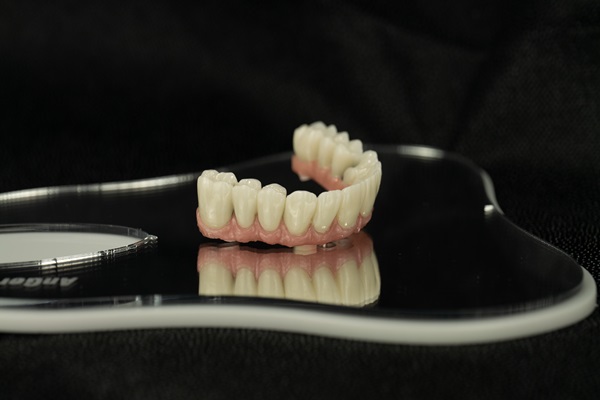 Root canal treatment is often the best (or only) way to deal with an abscessed tooth that results from a tooth infection. This review discusses the role root canal treatment plays in treating an abscessed tooth and what you can expect throughout the diagnostic and treatment processes.
Root canal treatment is often the best (or only) way to deal with an abscessed tooth that results from a tooth infection. This review discusses the role root canal treatment plays in treating an abscessed tooth and what you can expect throughout the diagnostic and treatment processes.
An overview of root canal treatment for an abscessed tooth
An abscessed tooth can affect one’s ability to function daily. The good news is that a root canal treatment can often save the tooth and alleviate the discomforting symptoms.
What is an abscessed tooth?
An abscessed tooth is a pocket of pus that forms in the root of a tooth as a result of a bacterial infection. There are many reasons why a tooth infection and subsequent abscessed tooth may develop. Some of the more common causes are:
- Chips and cracks
- Dental trauma
- Cavities
- Gum recession
Any incident that exposes the tooth’s root could lead to an abscessed tooth. Treatment for an abscessed tooth involves killing the bacteria inside of the tooth and draining the dental abscess.
What are the symptoms of an abscessed tooth?
The symptoms can vary based upon the severity of the dental abscess. There may also be symptoms related to the infection or tooth damage that caused the abscess to form. The most notable symptoms of a dental abscess are:
- Tooth pain
- Tooth sensitivity
- Swollen gums
- Jaw pain
- Bad breath
- Fever
A dental abscess results from an infection. The bacteria that cause it can put off a foul-smelling odor as well as affect the person’s general health, causing bad breath and fever. Pain, swelling, and sensitivity of the teeth, gums, and jaw are common as well.
When is root canal treatment necessary?
An abscessed tooth will not go away on its own. In addition, antibiotics are not usually enough to treat dental abscesses. Consequently, in most cases, root canal treatment is the best way to deal with a dental abscess. If left untreated, then the patient risks prolonged discomfort, the risk of the infection spreading, and potential loss of the tooth.
What can I expect during root canal treatment?
Root canal treatment for an abscessed tooth involves accessing the root of the tooth, draining the abscess, disinfecting the tooth’s root with antibiotics, and filling the tooth. The tooth is then sealed, and the last step is to place a dental crown over it for added protection. The procedure is typically short and safe with minimal risks. However, the patient does need to plan for a recovery period that can take several days. Complications after a root canal treatment are rare, but it is important to keep the mouth as clean as possible during recovery.
Are you suffering from an abscessed tooth?
Call our dental team today or send us a message to schedule a consultation to determine if the cause of your symptoms is an abscessed tooth or another underlying concern and what the best treatment approach is to alleviate the symptoms and save the tooth.
Request an appointment or call Hemet Dental Center: Brian Stiewel DDS, INC. at 951-707-4366 for an appointment in our Hemet office.
Recent Posts
Root canal treatment might be recommended if you have a damaged, decayed, or infected tooth. The procedure is usually recommended when the damage to a tooth leaves its pulp chamber compromised. This is the sealed-off, innermost layer of a tooth that houses its blood vessels and nerves. The pulp chamber of a tooth being opened…
Decaying teeth do not ever stop decaying without treatment. A root canal treatment becomes necessary to save the tooth, especially as an infected tooth can lead to significant pain. Treatment is painless. The only discomfort you will feel is at the end after the dentist finishes the treatment.From local anesthesia to dental dams, it is…
Root canal treatment is often the last course of action to save teeth that have been severely damaged or infected. A tooth might become damaged due to trauma to the face or tooth decay destroying its structures.The procedure has a bad reputation as one of the most painful treatments performed by dentists, but patients usually…


